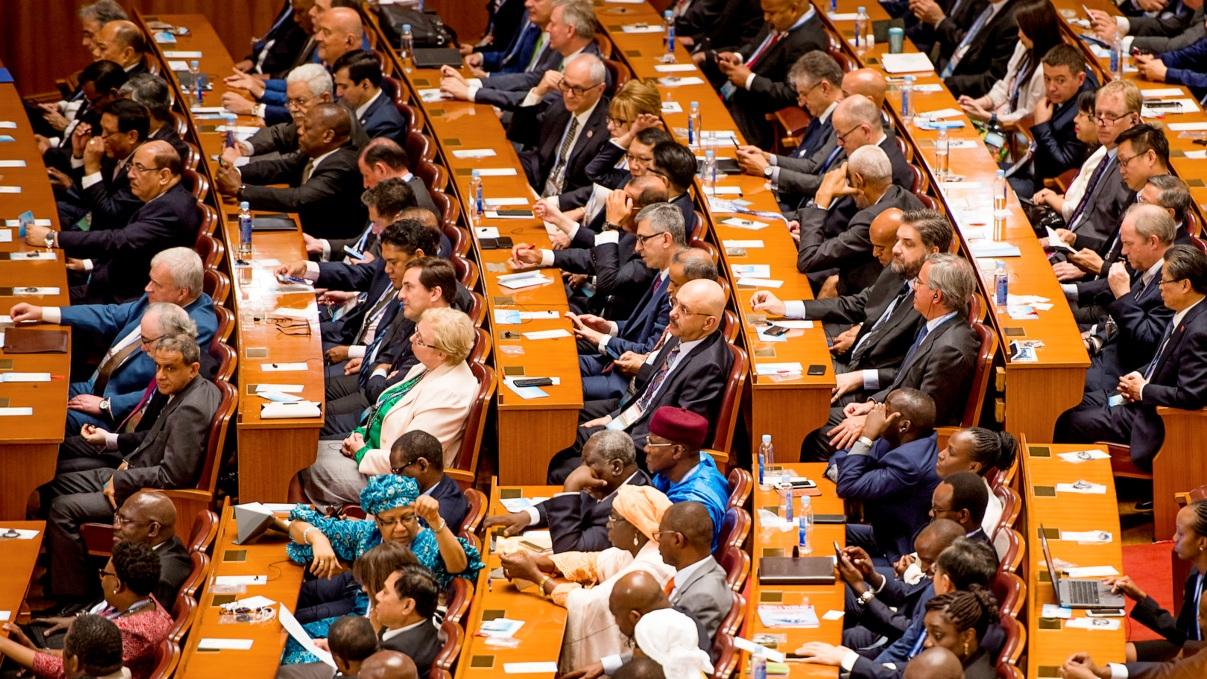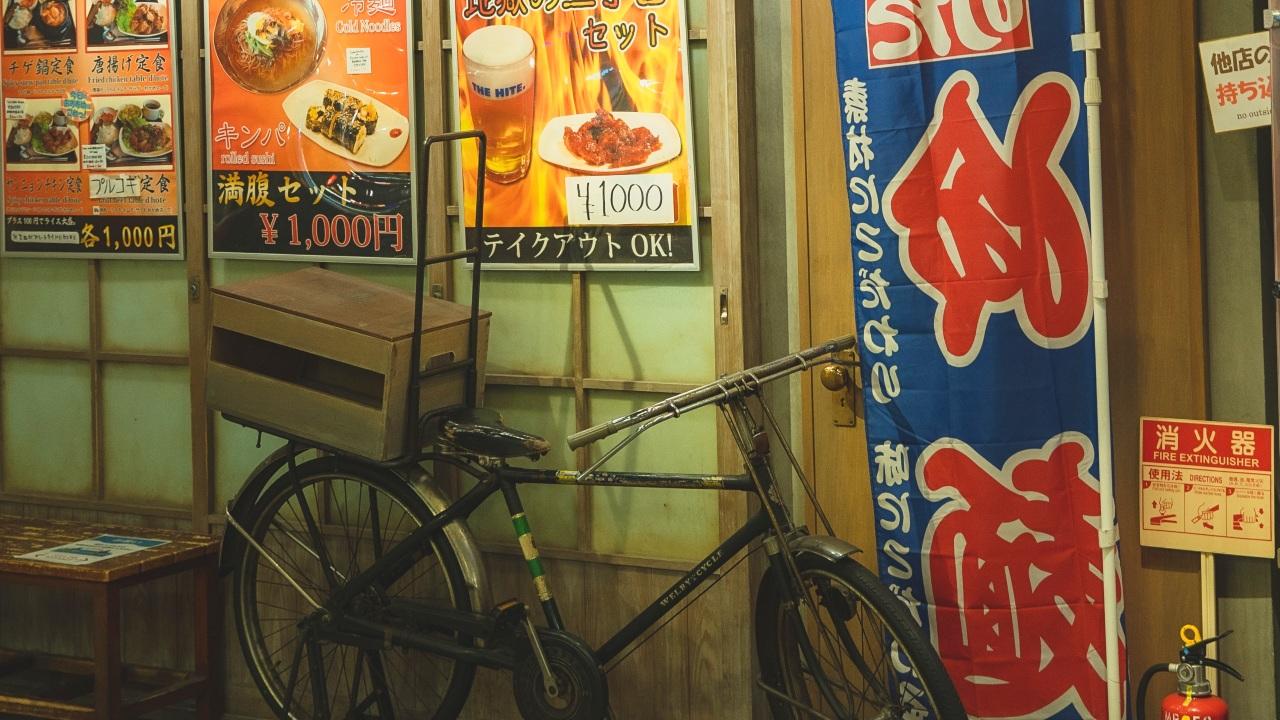In regions affected by conflict, surviving can involve creative strategies that often intersect with humanitarian programmes. This article tells the personal story of Nyapuottek, a widow from the Sudanese war, whose care for her family throughout periods of migration illustrates the complexity of survival in the absence of protection.
This article is based on research conducted at the LSE Firoz Lalji Institute for Africa project Safety of Strangers.
Nyapuottek is a South Sudanese widow in Sudan. Her story is one of survival, teaching us about the inequitable experiences of hardship, when whole communities and countries are themselves experiencing crisis. Illustrating people’s creative strategies to survive and thrive, Nyapuottek’s story shows how these struggles over decades can intersect with, or be completely discrete from, humanitarian activities.
In 2014, armed conflict between the South Sudan government and the nascent armed opposition spread south into the region of Unity State. Over the following four years, the armed groups carried out extreme acts of violence, killing civilians, burning villages and raping women as they fought for territorial control, including over the Unity State oilfields. Many local men were mobilised to defend their homelands and were killed in the subsequent battles. The destruction of crops, difficulties in accessing markets, theft of cattle and large-scale human displacement resulted in famine being declared in the region in 2017.
Statisticians estimate that between December 2013 and April 2018 there was an excess death rate in Unity State of 70,300 people. This followed patterns in the 1990s and 2000s when other military groups fought in the same region, violently clearing people from their land.
While these years of armed conflict were devastating for so many, the suffering was felt unequally. The armed conflict cut across existing inequities and vulnerabilities to exaggerate harm done in particular communities.
The vulnerability of widows in South Sudan
In recent decades, women widowed by the war have been particularly vulnerable, becoming socially impoverished at precisely the time society is struggling to care for itself, let alone the poor. Among many of the villages in Unity State, there is a continued expectation that widows will be cared for by their late husband’s family, which should allow the widow and her children to live and farm on the family land, to share the benefits of the cattle and enjoy the family’s financial and social protection. For many, care for the widow is seen as a way of remembering and honouring the deceased.
But the suffering and scarcity of resources during armed conflict means families often find it hard to absorb these new responsibilities. Widows can quickly come to feel as if they are being treated inequitably by those in the family. At a time when these women’s survival, and that of their families, depends on this protection, they find themselves in situations of insecure tenure or facing eviction. These home can become more dangerous, with socio-economic ruptures growing within families from the loss of work and income, alongside changes in social roles and status. Increased family violence means widows have been often forced to decide whether to stay in a violent and abusive relationships or to flee.
Widows who do stay are at risk of being overlooked by aid agencies – less likely to be considered helpless due to the perceived support from them, despite often inequitable treatment and need to compromise their children’s safety for survival.
For several decades, many widows from Unity State fled to the Sudanese capital Khartoum to seek safety. Remaking their home in Khartoum, these women have used creative methods to navigate their survival and status, doing what they can to weather some of the hardest consequences of the conflict. Nyapuottek’s story reveals the long-term impact of struggling to survive through war and migration, showing us how long-term struggles can intersect and make-use of humanitarian initiatives and opportunities.
Nyapuottek’s story
Nyapuottek was married in what is now Unity State in South Sudan (before its independence). In the 1970s, her husband died in intercommunal fighting. As he was dying, he sent a message to his nephew to take care of Nyapuottek and his children. In Nuer culture, when a husband died, his family will sit and hold a meeting to remember and honour the deceased and suggest a relative to take care of the remaining family. Nyapuottek stayed with the nephew of her husband, but she was not fully cared for by her late husband’s family; she was mistreated and prohibited from sharing the benefits of the farm, cattle and finances.
In the mid 1980s, war escalated in Unity State between the Sudan government and the then-rebel Sudan People’s Liberation Army (SPLA). In 1988, famine hit the country, and many people died from illnesses such as Kala-azar and Cholera, among others. Her late husband’s family withheld support from her at this fragile time.
Looking for a safe place to take her children, in 1988 she fled to Khartoum., facing many challenges as a single mother. She went to Awata on the Sudan-Ethiopian border and begged for food and money to support her children. Without good health facilities in Awata, and with no money from treatment in Khartoum, her daughter died from sickness. Increasingly hopeless, she decided to return to Khartoum to find a better income, despite having to leave her daughter’s body behind – incredibly painful for Nyapuottek. In Khartoum, she sustained her life by brewing alcohol (an illegal activity in Sudan) and sometimes washing clothes at the houses of Sudanese.
With few opportunities to support themselves at this time, widows, particularly those without family members to support them, were sometimes forced into sex work for survival (rami tek kɛ lat leera in Nuer). Their customers often bought their alcohol. Nyapuottek was herself forced into rami tek kɛ lat leera and ended up conceiving a baby from a Sudanese man. Her new daughter’s skin was much lighter than her other children’s, which she tried keeping secret to avoid being stigmatised.
In 1991 she decided to go back home to Leer, hoping that her late husband’s family would help raise the children and conditions in South Sudan would favour her. But that year the conflict escalated in Unity State, and she tried through whatever means to make the situation easy for her children, collecting grass and poles to build a large cattle hut (luak), despite not having a single cow; she hoped people who had many cattle and insufficient space would use her luak, where she would charge them rent, even in milk. When no-one came, she decided to return to Khartoum to brew alcohol.
In 2000, Nyapuottek took her children to a refugee camp in Ethiopia, hoping that the United Nations High Commissioner for Refugees (UNHCR) would provide the chance to go overseas to Canada or the USA. She was not lucky enough to receive the resettlement form. But in Ethiopia her children had access to education, with her daughters marrying and her sons eventually graduating from universities and marrying too. Despite the challenges Nyapuottek faced, she is now a happy woman in her sixties, seeing her grandchildren often. She goes to Church and is devoted to God. Her children look after her in a comfortable home, where she will say she is blessed.
Photo: A sprawl of tents has cropped up at Zam Zam Internally Displaced Persons (IDP) Camp, South Sudan. Photo ID 466633. 15/03/2011. UN Photo/Olivier Chassot. Licensed under CC BY-NC-ND 2.0.






A moving story of suffering but with a happy ending. Nyapuottek’s story is sadly a common story in the Horn of Africa but usually with tragic ends.
Nyapuottek’s story is a also a testimony of how the traditional safety net based on kinship and extended family has been weakened leaving them vulnerable to exploitation and abuse!
African women are incredibly resilient but the challenges facing them are overwhelming.